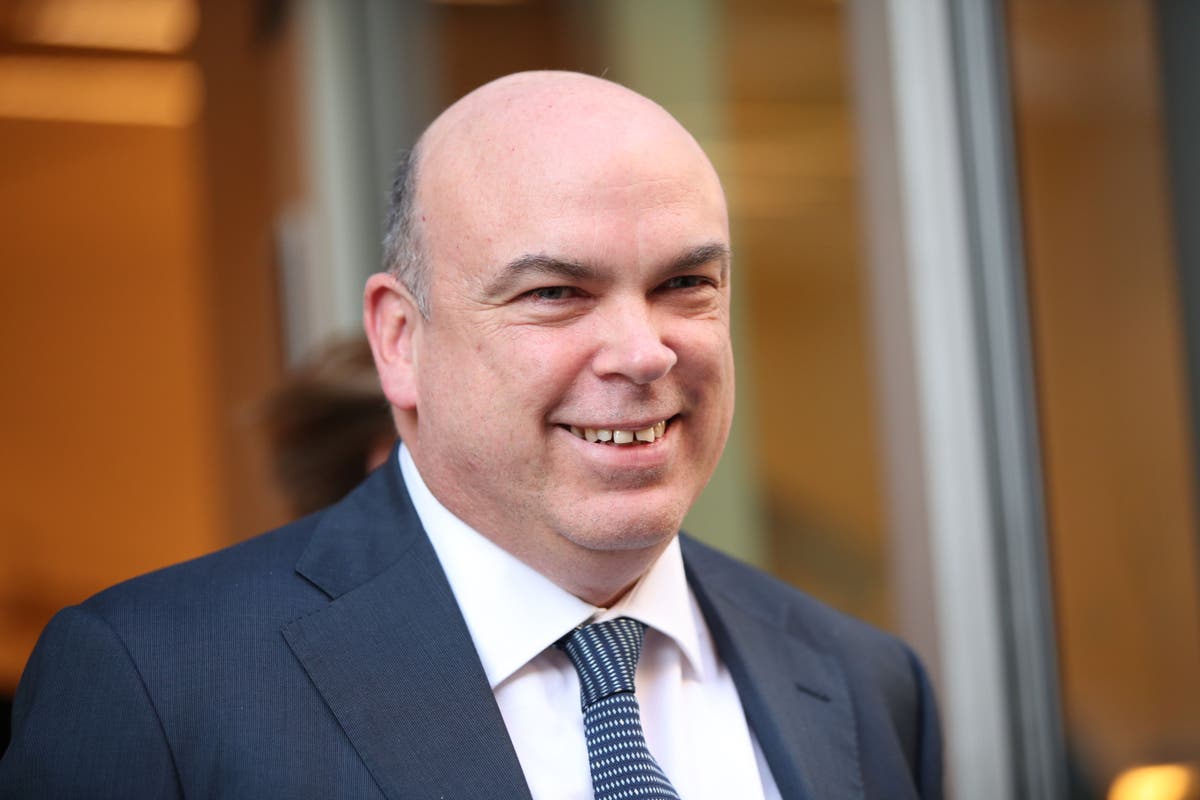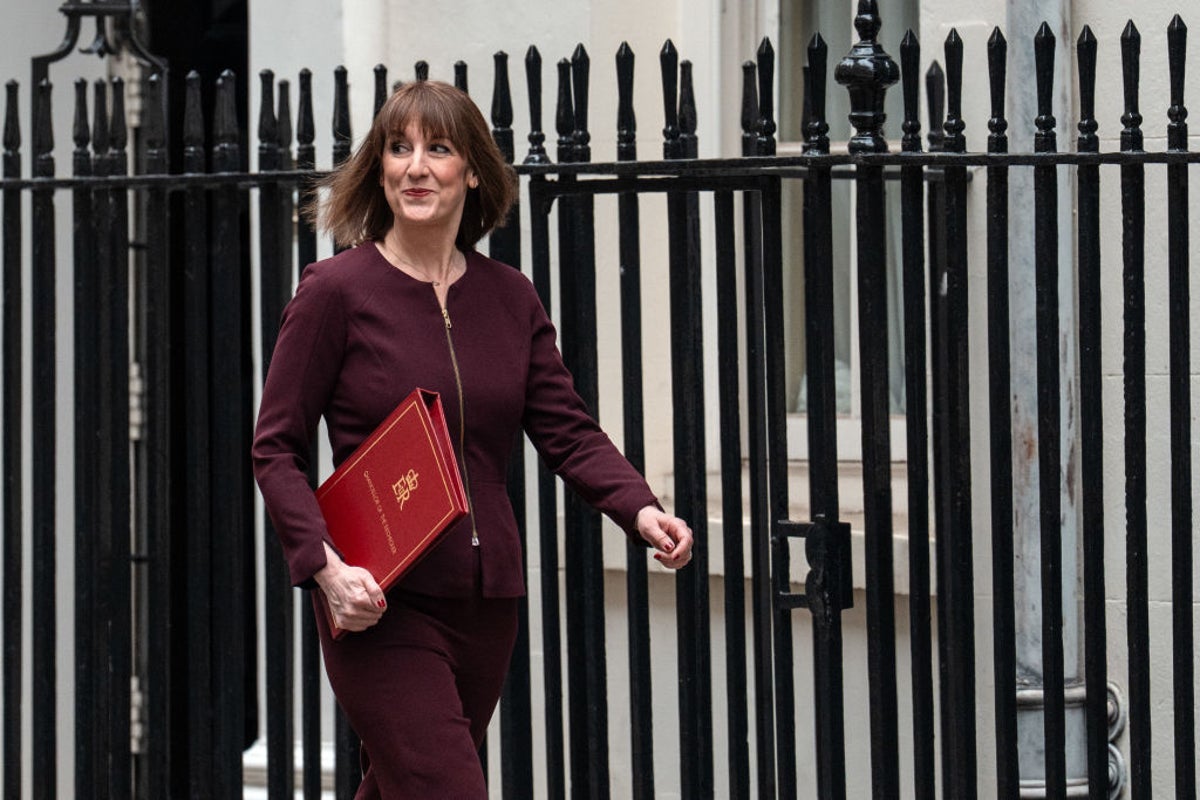Truly support
independent journalism
Our mission is to provide unbiased, fact-based reporting that holds the powerful to account and exposes the truth.
Whether it's $5 or $50, every contribution counts.
Support us in offering journalism without agenda.
northFor the first time, you hoped – prayed – that a government minister would be listening and watching as an E2E Track 100 roundtable discussion unfolded.
E2E, the business mentoring and networking organisation founded and chaired by the formidable Shalini Khemka CBE (with over 24,000 members) specialises in bringing entrepreneurs together to share their experiences and advice. Track 100 is E2E’s regular ranking of the country’s best-performing private companies in a particular field.
This week, it was technology's turn, after exports and women-led businesses.
The panel featured some of the best and brightest in the UK tech sector and, as expected, the discussion was fast-paced, thought-provoking and direct. With the election just days away, they were asked what the new administration could do to improve their lives.
It was telling that they chose not to repeat the usual complaints of business, such as too high taxes and too much bureaucracy. This group had its eyes firmly set on the future, on securing the tools for progress and growth. They are desperate for the new government to do more to ensure our school-leavers are prepared to enter the world of commerce.
Gavin Dein, founder and vice president of Reward Insight, which powers loyalty programs for retailers and banks around the world, was blunt: “Our children are learning Victorian skills that were applicable in World War I and II, not today. They have no communication skills, they don’t value kindness. They don’t jump up and say they’ll stay until a problem is solved, they just clock out. They need to learn teamwork. The national curriculum needs a revamp.”
Dhava Patel, chairman and co-founder of Universal Partner, the cross-border payments solutions provider, echoed Dein, saying it’s all about kindness and communication. “They come to our FX Academy without any communication skills. They all want to be the Wolf of Wall Street; we need to drive them out of that. I’m not sure how the government views it. I suspect they think the responsibility of producing children with the right skills and attitude lies with the parents, not the government.”
Hayley Roberts, founder and chief executive of Distology, a company specialising in the distribution of disruptive technology, said there was a skills gap. “We are pigeonholing our own children, wanting them to become doctors or accountants and get top-notch qualifications,” she said. “It’s too biased. The reality is that our children today, all of our children, have more opportunities than ever before; we need to teach them how to access those opportunities.”
Unsurprisingly, the topic of AI came up. All panellists said it should be embraced, not feared. Sat Sanghera, chief executive of telecoms solutions provider IP Integration, said: “It’s a label. It used to be called automation. It’s about automating business. It can help the sales team automate proposals for use in sales and marketing, it can help customers deal with and solve problems.” Critically, he added: “Technology is only as good as the technology that is brought into the business.”
Hayley Roberts said she believed human interaction would always be needed. “We will always need human interaction. That’s how we get by. Not everyone is a tech expert, but all companies are technology companies that use technology alongside people.”
Peter Yeung, IT director and global data protection officer at digital experience software provider Optimizely, said data protection in the context of AI was “immensely important.” Currently, 11 US states have passed data protection laws, and another 14 are following suit. AI can be controlled and leveraged. “AI is only as good as the data available.”
Franklin Asante, head of entrepreneurship at Coutts bank, said there was much to be positive about. “There are a lot of investors looking for companies to back, and also a lot of companies looking for funding. There is a disconnect, but as a banking partner we can bring them together.”
The session ended on a positive and optimistic note. Dhava Patel said he was hopeful about upcoming trade agreements that would put technology in the spotlight and create thousands of jobs.
Hayley Roberts said she saw technology as a way to “solve problems and that life would be boring without problems to solve.”










